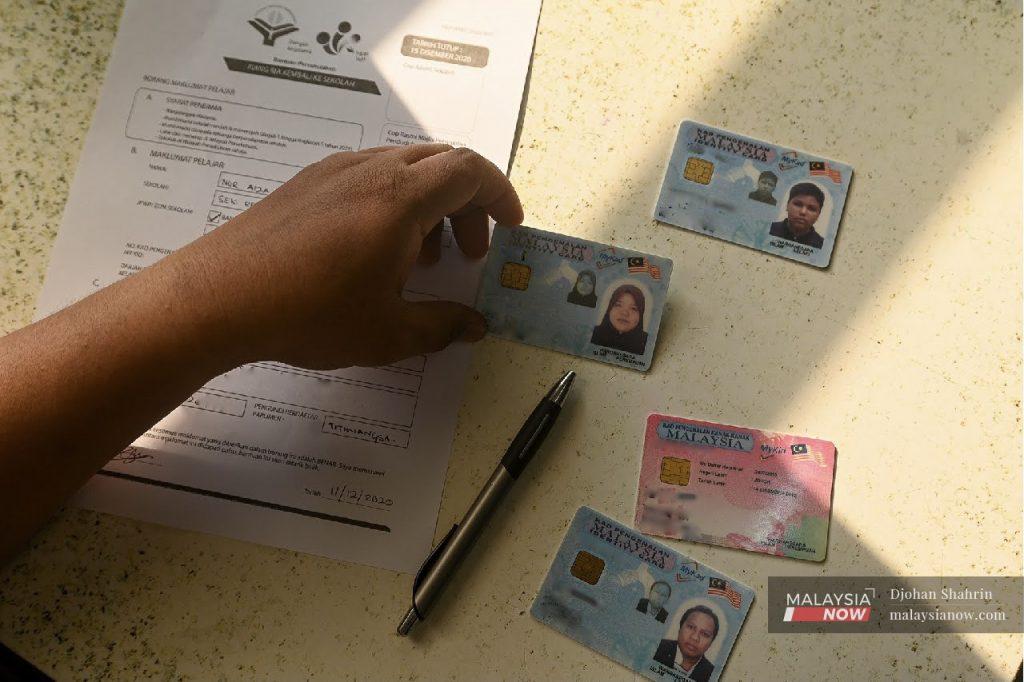Govt should accept court ruling on citizenship for children born overseas
Even if the government's appeal is purely academic, it would affect the development of the country's legal system.
It was recently reported that the government of Malaysia, through the Attorney-General’s Chambers, will appeal the decision made by the High Court on the case of the automatic citizenship rights of children born abroad to Malaysian mothers.
Previously, referring to the interpretation of the Second Schedule of the Federal Constitution, children born abroad would only obtain citizenship automatically if their father was a Malaysian citizen.
On Sept 9, Kuala Lumpur High Court judge Akhtar Tahir in his judgment stated that the word “father” in the Second Schedule of the Federal Constitution should also mean “mother”.
This is a very progressive step in the Malaysian legal system and should be supported by all parties because it is clear here, the previous interpretation of the constitution has been indirectly discriminatory against women.
According to plantation industries and commodities minister and chairman of the Malaysian Women’s Political Leadership Council Zuraida Kamaruddin, this decision should be well received and implemented at all levels of enforcement.
Her statement was also supported by several other leaders such as the law minister Wan Junaidi and MCA women’s chief Heng Seai Kie.
However, this decision does not sit well with the home ministry, which has strongly opposed the issue of citizenship rights given to children born abroad to mothers who are Malaysian citizens.
During the parliamentary session on Dec 3, 2020, the deputy home minister in a question-and-answer session stated that for children born abroad, only those whose fathers are Malaysians will continue to be allowed to obtain citizenship on the grounds of fear of the occurrence of duplication of citizenship.
In the same question-and-answer session, he also stated that this was an issue of national security and sovereignty that needs to be defended by the Malaysian government. He also said that this is practised by other countries around the world.
Firstly, the home ministry should have explained whether the duplication of citizenship would not occur if the child is born to a Malaysian father and would only happen if he or she is born to a mother who is a citizen.
Secondly, the issue of sovereignty and security does not arise because the registration of the child’s birth, which is done at the Malaysian consulate abroad, would follow the same process and procedure.
Thirdly, if we look at the citizenship laws of neighbouring countries such as Singapore, Indonesia, Thailand and Australia, they do not stipulate that only fathers have the right to obtain citizenship for their children automatically, as the same rights are given to both parents.
The home ministry’s reasoning on this matter seems to have been quashed by the decision made by the Kuala Lumpur High Court, thus giving proper citizenship rights to children born abroad, either to fathers or mothers who are Malaysians.
Clearly, it is not appropriate for the Attorney-General’s Chambers and the home ministry to appeal this decision as it would hamper the development process of the country’s legal system.
Even if this appeal is purely academic, it will have a very negative impact on the image of the country’s legal enforcement system and is a waste of time and court costs for both parties.
It is hoped that the Attorney-General’s Office and the home ministry can re-evaluate their decision to appeal the decision in this case. Just accept the decision set by the Kuala Lumpur High Court and do not deny the citizenship rights of children born to Malaysian mothers.
The views expressed in this article are those of the author(s) and do not necessarily reflect the position of MalaysiaNow.
Subscribe to our newsletter
To be updated with all the latest news and analyses daily.
